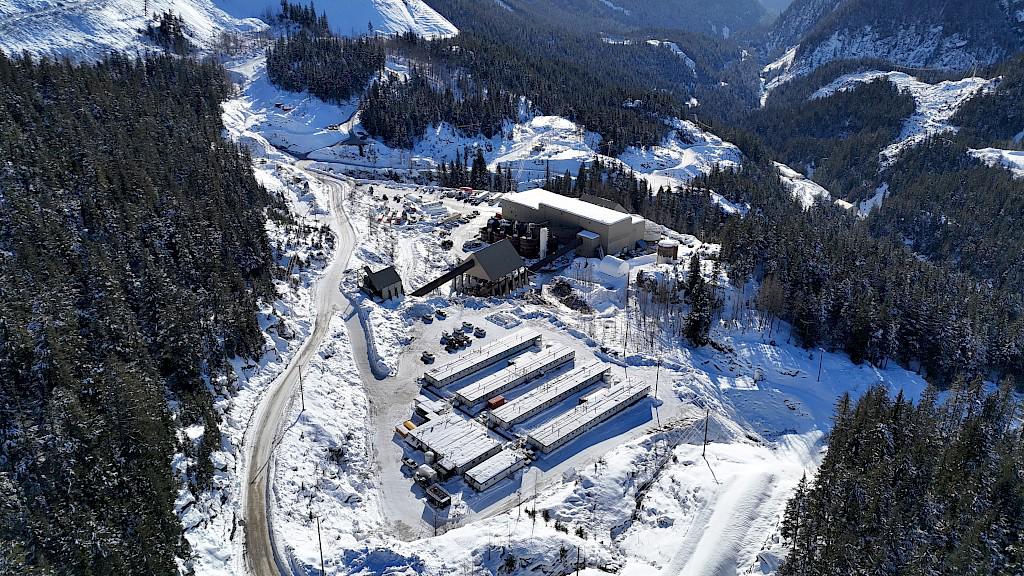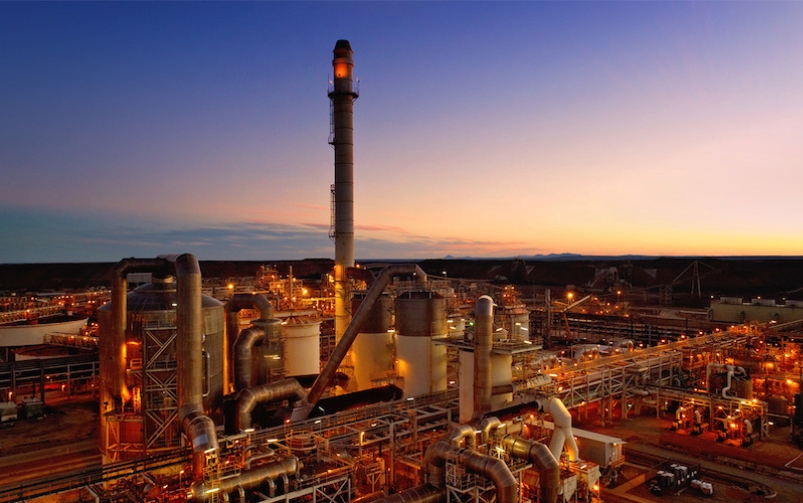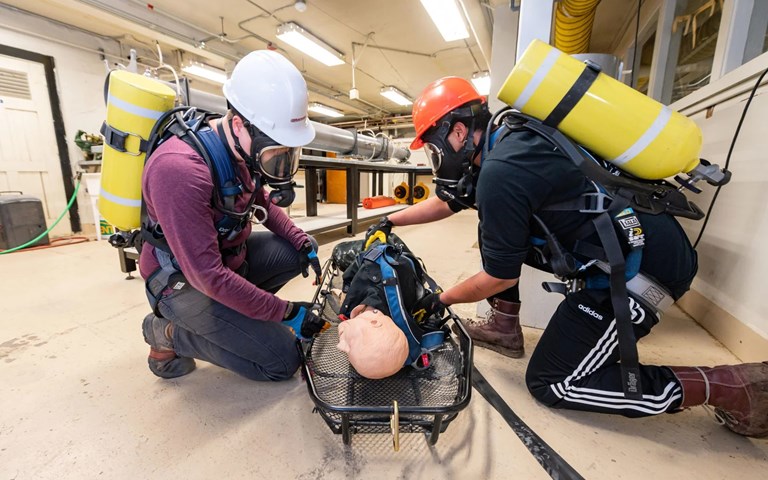The 34th edition of the Canadian Mining Games ran from March 7 to 10 and saw 11 universities compete in 24 unique mining-related challenges. Courtesy of Canadian Mining Games.
Welcome back to your weekly mining news recap, where we catch you up on some of the news you may have missed. This week’s headlines include a Canada-U.S. inquiry into polluted water stemming from B.C. coal mines, a memorandum of understanding between the Fort McKay First Nation and Suncor on Alberta oil sands lease development, and Glencore invests another US$75 million in Li-Cycle.
The Romanian government has won a long-running legal dispute with Gabriel Resources, a Canadian company that was seeking damages of US$4.4 billion from the country after it decided to back out of a gold and silver mine project in 2014 following environmental concerns from the Romanian population, as reported by The Associated Press. Gabriel Resources was ordered to pay legal fees to the Romanian government for the arbitration case that the miner launched in 2015 in response to the dispute. The country owned a 20 per cent stake in the proposed project, which was planned to be constructed in Roșia Montană, an area of the country that is rich in gold deposits.
The team from the University of British Columbia took first place at the 34th edition of the Canadian Mining Games last week at Sudbury’s Laurentian University. The games offer post-secondary mining engineering students from across Canada the opportunity to showcase a variety of skills through 24 unique theoretical and practical challenges related to mining. The University of Alberta team claimed second place and McGill University took third.
Jonathan Price, Teck Resources’ CEO, announced that the company is contemplating the construction of a lithium-ion battery recycling plant that would be located in B.C., as reported by Reuters. If built, the facility would be the largest recycling plant located on North America’s west coast and would be able to recycle 35,000 tonnes worth of battery material per year. Although Price did not offer an estimate on how much the construction of this facility would cost, he said that batteries taken from around 140,000 electric vehicles could be recycled annually.
Canada and the U.S. will work together to find ways to stem the flow of selenium from B.C. coal mines that finds its way into U.S. waters, as reported by CBC News. The investigation will see the Canadian and U.S. governments, B.C., the states of Montana and Idaho, as well as six Indigenous communities from both countries collaborate to identify solutions to the selenium-polluted waters that run downstream of the Elk Valley coal operations and threaten fish populations on both sides of the border. Glencore recently acquired the mines from Teck Resources. The agreement will create a governance body that is planned to be running by the end of June, and a final research report on the investigation can be expected two years after that.
A memorandum of understanding was recently signed by Alberta’s Fort McKay First Nation and Suncor Energy centred on an anticipated oil sands lease opportunity located on Fort McKay’s traditional lands in Wood Buffalo, as reported by Canadian Mining Journal. This agreement will see Suncor begin early technical and feasibility studies to establish the quality and quantity of oil sands deposits in the area.
Never miss another recap
Sign up for the latest news from CIM Magazine and the Canadian Institute of Mining, Metallurgy and Petroleum.
Ontario-based battery recycling firm Li-Cycle will receive an additional US$75 million investment from Glencore that follows a US$200 million investment made by the mining giant back in 2022, as reported by Reuters. Li-Cycle’s shares increased by 33 per cent since the announcement. Glencore’s investments came as a way of establishing a commercial partnership that would see Li-Cycle supply primary and recycled critical battery materials to the global market. Last year, Glencore announced that it has plans to construct a recycling hub in Europe, with Li-Cycle aiding in the production of recycled materials.
Canada’s Natural Resources Minister Jonathan Wilkinson said legislative changes to the Impact Assessment Act could come as soon as next month, as reported by The Globe and Mail. The Supreme Court of Canada ruled in 2023 that the federal government does not have as much power over resource regulation as it had initially assumed. As of now, mining and oil and gas projects are regulated between the federal government and the provinces based on an approximate 50/50 split.
B.C. will be introducing new interim measures to its Mineral Tenure Act, that will impose restrictions on mineral claim registrations and mining activities taking place within the Gitxaała Nation and Ehattesaht First Nation lands, as reported by Mining.com. Currently, the act grants anyone who holds a free miner certificate the opportunity to gain mineral claims online via an automated system, which does not require consent from these Nations. The province is being ordered to modernize its act following a Supreme Court ruling that the existing claim staking system violates the Crown’s duty to consult Indigenous people.
In an interview with Ailbhe Goodbody for the February issue of CIM Magazine, Ryan Montpellier, executive director of the Mining Industry Human Resources Council (MiHR), spoke about the troubling drop in enrolment in Canadian post-secondary mining programs. A survey conducted by the MiHR in the fall of 2023 revealed that—from a sample of 1,500 students across Canada—only 27 per cent held positive views associated with mining, whereas the remaining 73 per cent harboured either negative, very negative or neutral views about the industry. These results signaled to Montpellier that the mining industry is hobbled by outdated perceptions and misunderstandings, which has led to MiHR introducing several new campaigns and programs targeting this area of concern.
That’s all for this week. If you’ve got feedback, you can always reach us at editor@cim.org. If you’ve got something to add, why not join the conversation on our Facebook, Twitter, LinkedIn or Instagram pages?




